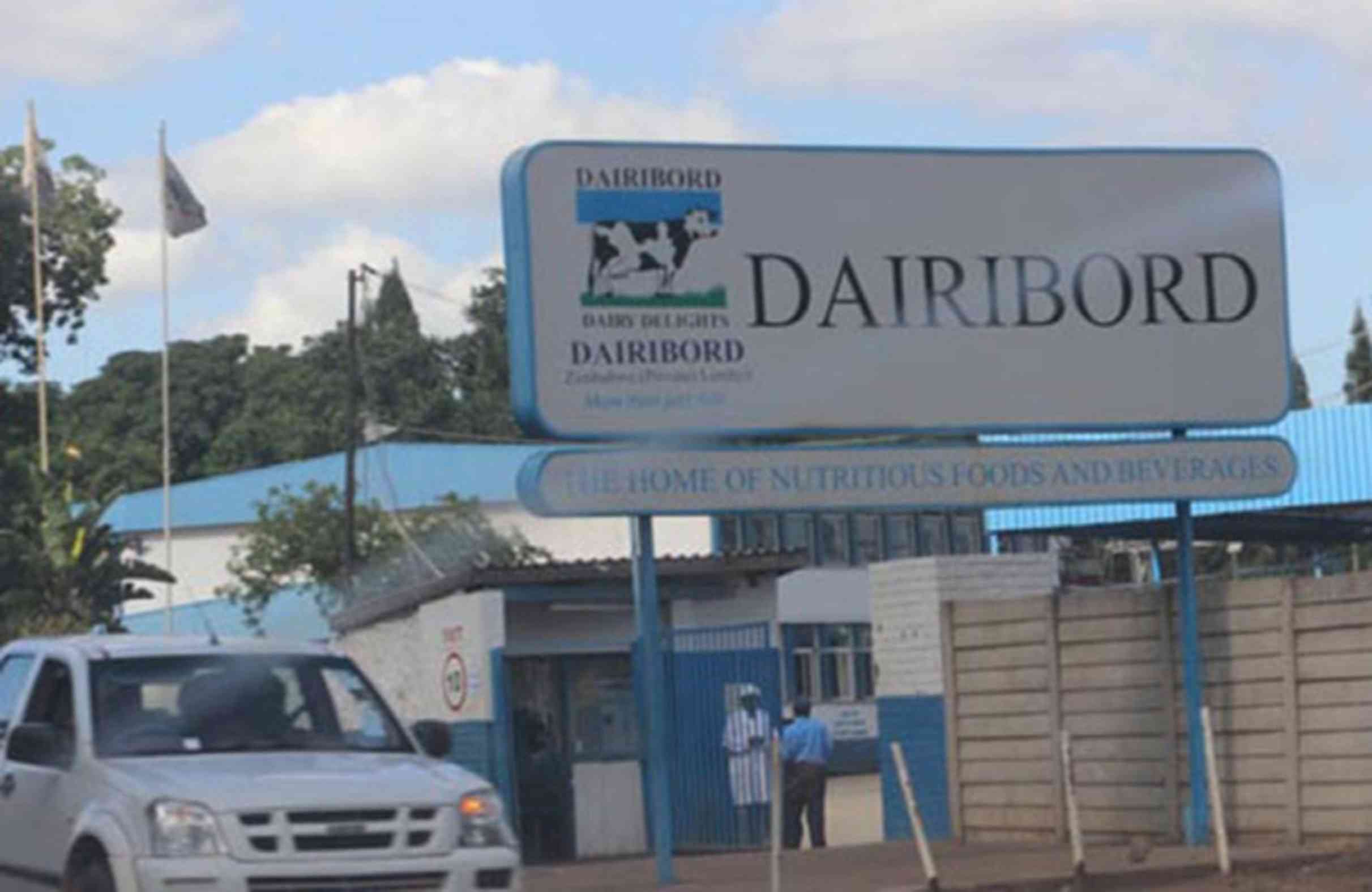
CONSUMER staples concern Dairibord Holdings Limited posted a jump in profit after tax to US$3,77 million in its financial year ended December 31, 2024, owing to a 70,33% decrease in finance costs.
In the comparative 2023 period, a profit after tax of US$1,02 million was recorded.
In a statement attached to its financial results for the year ended December 31, 2024, Dairibord chairperson Josphat Sachikonye said the group faced significant cost pressures from new legislative and regulatory pronouncements.
These were the introduction of the sugar content surtax, fiscal policy adjustments, including the value added tax (VAT) reclassification of milk products, and the increased Intermediated Money Transfer Tax on greenback transactions.
Sachikonye said the group’s cost mitigation strategies for raw and packaging materials enabled a 30% increase in gross profit to US$31,73 million.
“Finance costs consist of interest expenses incurred and exchange losses incurred on foreign currency- denominated loans. The notable reduction in finance costs was largely caused by a decrease in the exchange losses on foreign currency-denominated loans from US$8,44 million in 2023 to US$1,76 million,” he said.
“The interest expense also decreased from US$1,85 million to US$1,29 million as the group accessed loans with lower interest rates and extinguished those which were more costly to service. Despite macroeconomic challenges, the group posted a profit for the year of US$3,77 million, a significant increase from the prior year’s US$1,03 million.”
The increased profitability improved the group’s operating cash flow.
- Trophy hunting drives African lion into extinction
- Prove how we ‘rig’ polls: Zec
- Regulators turn down DZL probe request
- CCC youths camp at Chin‘ono home
Keep Reading
“Notwithstanding, the group had some incidences of working capital deficits during the year, mainly as a result of prolonged delays in payments by some critical debtors,” Sachikonye said.
“The delays caused a substantially high expected credit loss allowance as of 31 December 2024. To improve liquidity, the group is implementing measures to accelerate inventory turnover, shortening the cash operating cycle and tightening its credit risk management practices to reduce the risk of customer default.”
Revenue for the period under review was US$126,63 million, up nearly 18% from the comparative 2023 period.
This was driven by a four-percentage point increase in the group’s US dollar sales volumes to 83% of the total from 79% in the prior year.
“The group achieved a consolidated volume growth of 10% driven by strong performance in the liquid milk and food categories, though constrained by a marginal 1% growth in beverages,” Sachikonye said.
“The liquid milks 20% significant year-over-year growth was due to an increased raw milk supply, with notable market share gains across Chimombe, Steri and Lacto.
“Food sales volumes rose 47%, led by Yummy yoghurt and ice cream, while improved product availability bolstered Rabroy Tomato Sauce sales.”
He added that the group’s beverages segment realised a 1% growth, impacted by subdued Pfuko maheu performance due to pricing challenges from the sugar tax and VAT adjustments.
An increase in the value of Dairibord’s inventories of US$2,58 million and assets reclassified for sale totalling US$3,7 million left the firm in a liquid position.
Dairibord ended the period having US$1,43 to every dollar of short-term debt.
“Effective 1 January 2024, the group designated 25 assets as held for disposal after meeting the IFRS 5 criteria,” Dairibord said.
“The sale was highly probable and the group initiated an active programme to locate buyers by signing a mandate for property disposals with three property agents in mid-January 2024.”
In its outlook, Sachikonye said Dairibord was optimising operations, investing in capacity enhancement and leveraging technology to strengthen product offerings.
“A strong emphasis is being placed on regional expansion through export growth and the toll manufacturing model in South Africa to diversify revenue streams and increase foreign currency earnings,” he added.
“Cost reduction remains a strategic priority, with comprehensive measures underway to minimise expenditures.”










